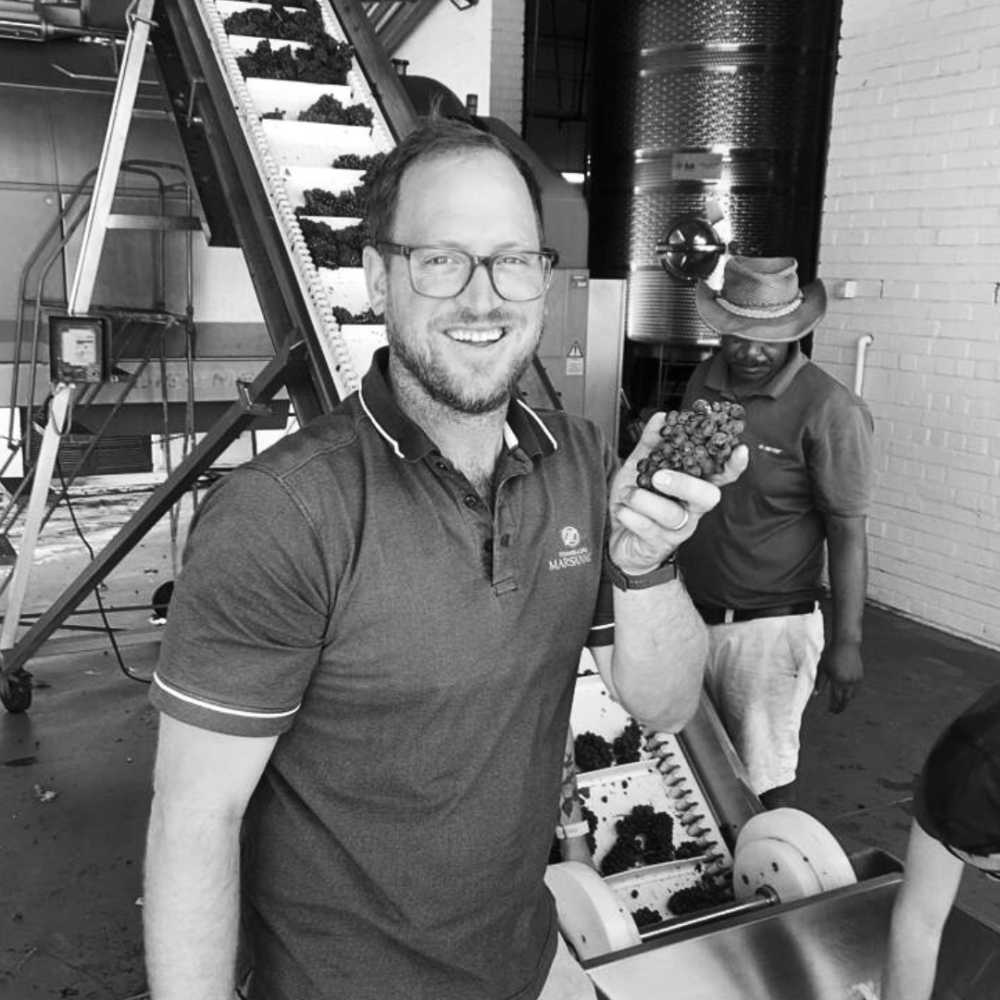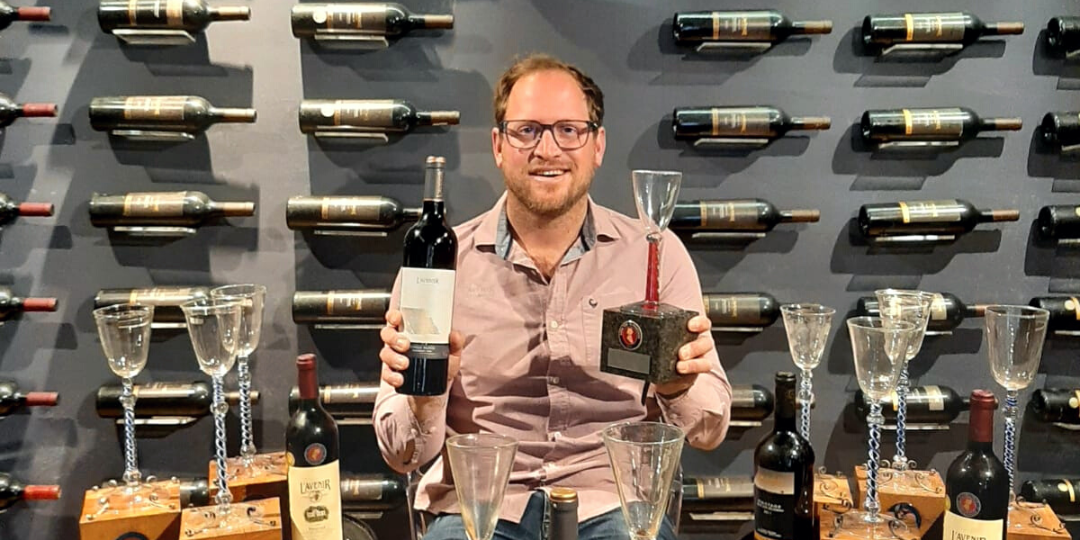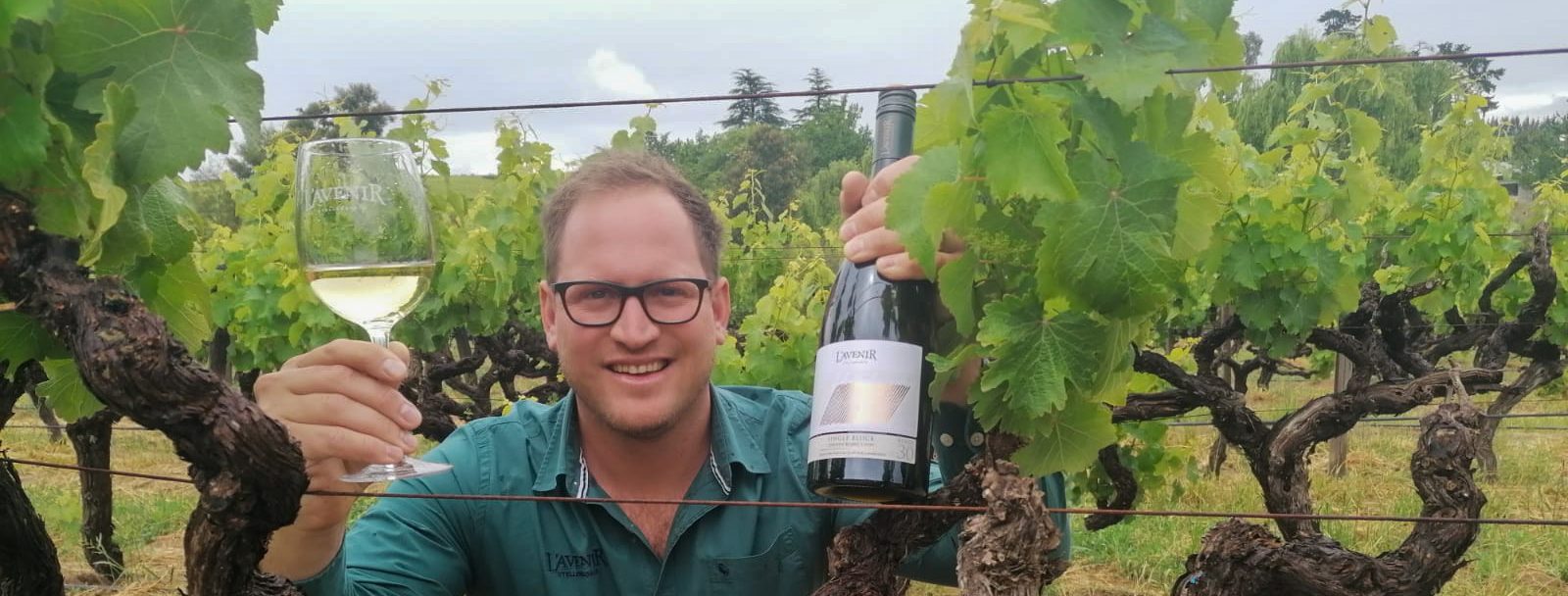A toast to the past and present of Chenin
Let us rise…
There is something magical about drinking a wine in the vineyard that produced the grapes that it was made from. L’Avenir’s Single Block Chenin Blanc vineyard – affectionately known as “the Old Lady” – particularly has a special appeal that has touched many who made footprints in her soil. There’s a rule that when you drink a wine that is older than you, you should stand up. Old vineyards deserve an even more significant sign of recognition – especially when the vineyard is old enough to be the winemaker’s mother!
This month, wine lovers from across the globe are celebrating Chenin Blanc. When it comes to South African wine heritage, few grape varieties are so entrenched in our history, growth and successes as Chenin Blanc. As the Master of Wine and Chenin Blanc devotee, Irina van Holdt, succinctly noted at the 2019 Chenin Blanc International Congress: “The history of Chenin Blanc is the history of the South African wine industry”.
Chenin Blanc was one of the first varietals planted in South African soils in the 1650s. Yet, in 1822 it accounted for only 1 per cent of total plantings, with Groendruif (or Semillon) accounting for more than 90% of the Cape’s vineyards. Chenin’s rise came later, as it showed its hardiness, versatility and, of course, yields. It became the cornerstone of a booming brandy industry, as well as the backbone of Lieberstein – a semi-sweet South African white wine, which at its peak reached sales of more than 30 million litres in 1964.
Chenin’s big surge in terms of plantings came in the 1960s and continued over the next five decades. Steen – a local name for Chenin Blanc – was indeed the cornerstone of South African brandy and significant volumes of cheap and cheerful white wine. More recently, however, Chenin ascended in a different way – not in volume, but in terms of status and quality.
The vast majority of Chenin Blanc is now used for wine production (and not brandy) and in terms of wine, it has gradually shifted from the value for money option to the trendy wine that you want to be seen drinking. Coincidentally, while a portion of Chardonnay drinkers are opting for Chenin Blanc for more freshness, many Sauvignon Blanc drinkers are switching to Chenin, in search of more complexity and soul.
Which brings me back to the Old Lady. The history of Chenin Blanc is also the history of L’Avenir Estate. We are not sure who planted her in the early 70s. Back then, L’Avenir was called Weltevrede and produced grapes for big cooperative cellars (who knows, perhaps she was used to produce Lieberstein or even brandy!). Her unique trellising suggests that her vines were once bushvines that were later trellised to increase production. Some of her vines are even different, largely forgotten, varieties: Palomino and Clairette Blanche. She reflects phases of the history of the Stellenbosch wine region.
Yet, she is also a shining star of the future of L’Avenir. The fruit she bares is getting better as the time goes by and she is being nurtured to insure that we celebrate her 50 vintage and beyond. When the next generation looks back at the present day Chenins, they should be remembered for their quality and authenticity. And they age so well that the next generation will be able to still enjoy and be inspired by them.
The next generation of winemakers will also benefit from Chenin Blanc vineyards that are currently being planted – not because of high yields, but because they have the ability to produce world class wines. They will also have authentic, South African clones – including a clone that was recently isolated from the Old Lady herself.
Yes, old vines deserve a sign of recognition. Perhaps the best sign would be to raise a glass of old vines Chenin to the heritage of the past and for winemakers to plant new vines, as the hope and inspiration of the future.
Order a special Chenin Blanc Experience selection online.
For more information contact Dr Edo Heyns – Advini South Africa Strategic Development Manager: Edo.heyns@advinisa.co.za



